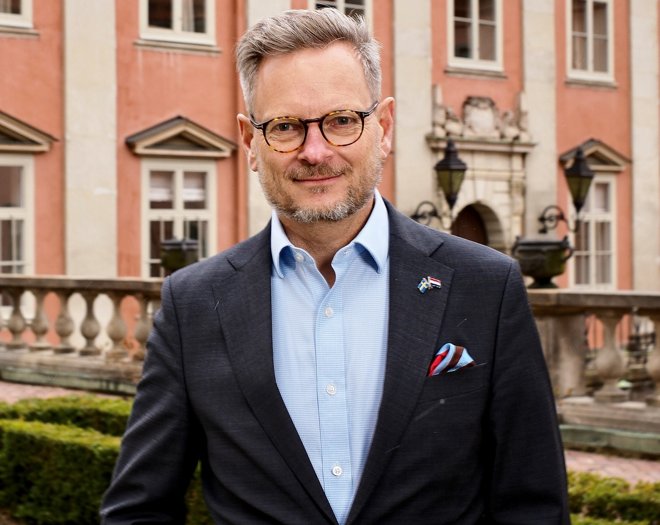”Information security must become part of the Swedish life science strategy”
What is best for Sweden? In the work on the new life science strategy, there is a lot of talk about outstanding research, fantastic export figures and leading innovation rankings. We have a lot to be proud of in Sweden, but how do we manage our legacy and advance our positions?
Investing in education for pharmaceutical manufacturing and getting more people to study technology and science at upper secondary school are important prerequisites. We investigate how to claim top positions in academic research and valorization of scientific results. New ways are being looked upon to be able to bring in highly qualified labour and to improve the conditions for exporting pharmaceuticals and medical technology.
From a larger perspective, we see that Sweden, as part of the EU, does not stand up as strongly in the global competition. China and the United States are becoming more clearly dominant and other large countries are investing heavily in research and development in life science.
From a European perspective, we need to think about European resilience and focus on collaborations closer to Sweden. Interaction and exchange should not only promote international competitiveness but also have a dimension on strengthening the position of our region.
From a European perspective we need to think about European resilience and focus on collaborations closer to Sweden
In Germany, France and the Netherlands, knowledge security is a hot topic where the leakage of expertise and highly advanced technologies are major concerns. The Netherlands has a National Guideline for Knowledge Security and a Central government’s National Contact Point for Knowledge Security, which offers help to anyone affiliated with a knowledge institution with questions about opportunities, risks and practical matters surrounding international cooperation.
In Sweden we have discussed the consequences of having Asian and Russian doctoral students and post-docs and when they later return to their home country, applying their knowledge, for example, in giving an industrial competitive advantage or undesirable military applications.
The government has requested a knowledge security, or responsible internationalization strategy for Sweden from VINNOVA, Swedish Council for Higher Education and Swedish Research Council. The goal is to protect national interests, knowledge and technology when working with international collaborations and contacts.
A new era is emerging, and European competitiveness is facing new challenges. Knowledge security, or responsible internationalization, should be an important concept in the new strategy for life science.
Artikeln är en del av vårt tema om News in English.
